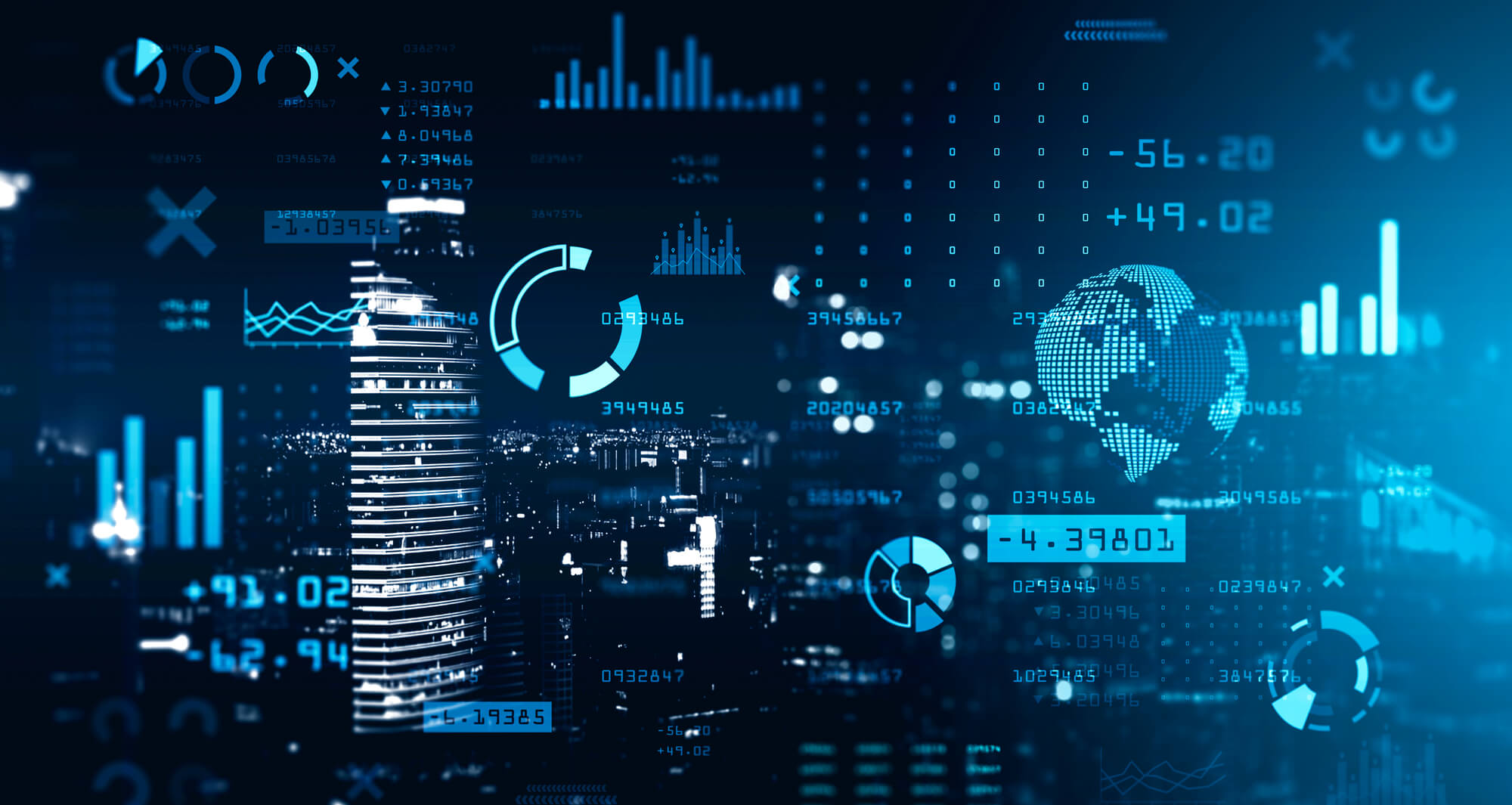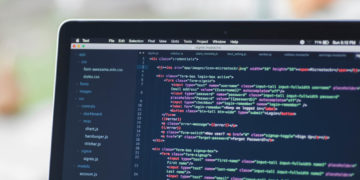
As the internet and social media become the norm among society, more and more data are becoming available. In 2019, almost 4 billion people were on the internet. Now, what we do on the internet is interpreted by data scientists.
Data science is the study of data through statistics, mathematics, programming, and domain expertise. With data science, companies will know what new product to release and which demographic will be interested in it. Data science is not just limited to the internet, of course. It can also be used in the fields of medicine, healthcare, entertainment, sports, and more.
It’s no wonder more and more people are becoming interested in data science. There is definitely a need for it plus, data scientists can earn a lot. So, if you are interested in how to learn data science, check out the steps below.
Step I: The Basics
Just like with everything else, you have to start small with data science, or else you’ll get overwhelmed.
Introduction
To get you up to speed on data science, start with an introductory course or class. Maybe even watch a documentary or beginner’s video that covers the basics of data science. From here, you’ll be able to understand what data science is all about and its applications.
Preparation
Apart from learning the basics of data science, you will also need to prep your tools to be able to learn. For some, they would be relying on textbooks while others would need the best laptop for data science—data storage is a must! You’ll also need a good processor for a smooth workflow.

Step II: Focused Study
The next step on how to learn data science is focusing on your area of study. Just like in medicine, all doctors understand the human body but they have their own expertise. The same goes for data science, you will learn about data cleaning and have a general idea of statistics, machine learning, and programming. But you will also need to know your focus.
Field
You should consider what industry or field you would like to use data science in. When you are able to figure that out, then you’ll know which data science study you should focus on.
For example, in the field of medicine, you will definitely need a focus on machine learning whereas if you are in the finance industry, you’ll need to be an expert in regression analysis.
Courses
During the first step, you might have done introductory courses on data science. But during the second step, you will definitely data science specialization courses. This will cover more important and complex information, such as cluster analysis, data manipulation, data mining, and more.
Step III: Application
Once you know how to learn data science on your own, the next important step is to apply it. It’s a totally different thing learning from books and the internet and quite another when you have to do it yourself. Here are two ways to apply what you have learned:
Jobs
Whether it is a paid job or an unpaid internship, the important thing is you have a job as a data scientist where you can apply what you have learned. The best way you can learn something is to actually do it. Kind of like swimming, you can watch other people, read about it, but you will only actually learn how to swim once you get yourself in the water.
Don’t be afraid to put yourself out there. Even if you do debugging or r programming practices, it’s not the same when data science is put into real-life applications.
Peers
If you aren’t confident just yet to apply for a job as a data scientist, you can always turn to other people who are just like you. The data science community is continuously growing. You might be able to meet other people who are starting out in data science just like you or maybe a prospective mentor.
It’s important to give your input, question others, and simply converse and be involved to be able to learn from your peers. Who knows, you might be able to score a job or join an exciting project through a friend. After all, data science is best done in teams, not really for a lone wolf.
Final Thoughts: How to Learn Data Science
Now that you know how to learn data science, you can make an informative decision on how to go about your journey. Just like learning any other skill, it’s important that you are interested in what you do. Data science is all about learning and extracting information from the available data produced by other people. If you have a natural curiosity about data, then you have a better chance of succeeding in learning data science.






